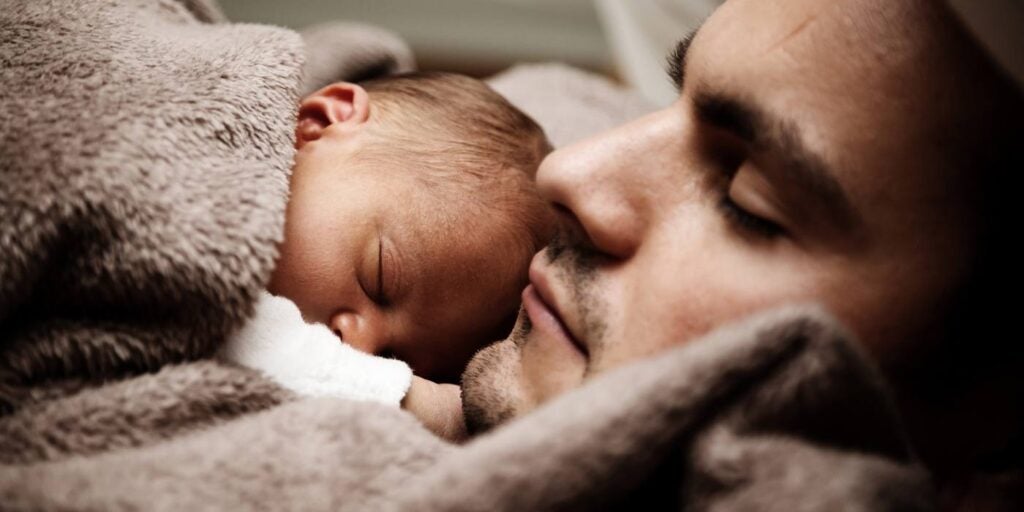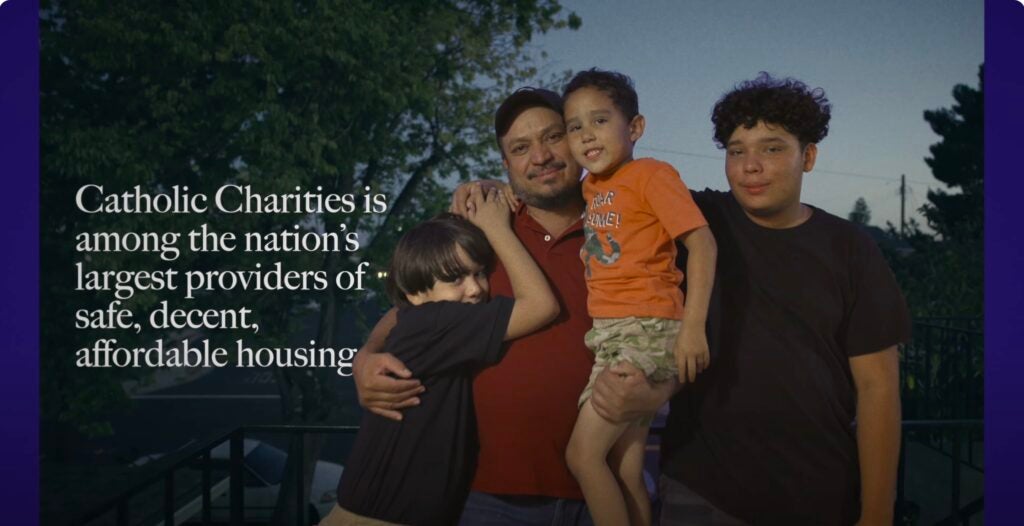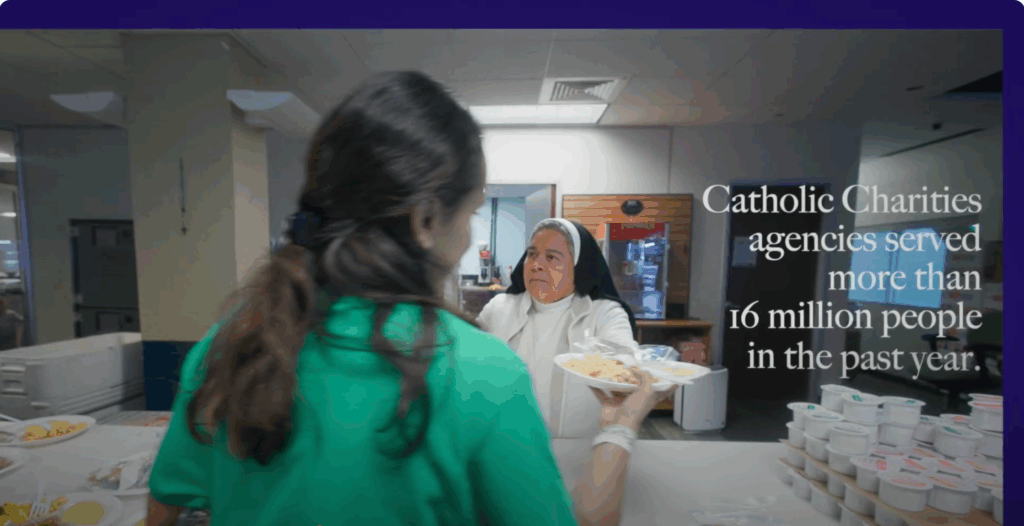

Christopher was a good student who grew up in a single parent household. Despite his mom’s best efforts to raise him right, Christopher had a brief but fateful run in with the law at age 16. His mother, Christine, remembers the phone call – Christopher had been arrested right before Mother’s Day and right after learning that his girlfriend was pregnant. He was a straight-A student, active in sports, and someone people enjoyed being around. But he got caught up in doing “crazy, stupid things” with his friends. The result: a stint at the youth detention center, where Christine had to speak with him through thick glass: “I couldn’t even hug him.”
Christopher knew that he had to take responsibility and start managing his life, even as things went from bad to worse. First, he was charged as an adult. Then, still detained, he heard that his older brother had been killed as an innocent bystander of neighborhood gun violence. Christine was heartbroken again. She remembers that Christopher came to the funeral in shackles.
Life got more hopeful when Christopher was sent by Juvenile Court to St. Gabriel’s Hall, a program started by the De LaSalle Christian Brothers in 1898. St. Gabriel’s Hall is a residential treatment and educational facility in suburban Philadelphia which offers young men like Christopher a second chance and an opportunity to earn a high school diploma, a GED, or vocational training.
At the Hall, Christopher met caring staff, including a few men of whom he says: “They were like fathers to me. If I needed help or just to talk, they were there for me. They helped me turn it around, and taught me to be patient, humble, and strong.” While at the Hall, his daughter was born. On a visit with her grandmother, the little girl rested peacefully on Christopher’s chest. He was at the Hall for 18 months and graduated with honors, receiving the leadership award.
Upon discharge, Christopher began meeting weekly with Michael, his Reintegration caseworker. The visits lasted for six months and were meant to ensure a positive and permanent return to home and community, assisting Christopher with employment and educational goals, while fulfilling conditions of probation such as counseling.
Michael was impressed with the progress Christopher made, due in large part to the ongoing support and guidance of his mother. As Michael observed, “reintegration takes the structure, discipline, and life lessons learned at the Hall and incorporates them into the young man’s life. As in this case, the results prove that it works.” Christopher now holds a full-time job, is supporting his infant daughter, and is enrolled to attend college. His story is a concrete witness to the trans-formative power of mercy for those who have made a mistake and are ready to learn from it.








